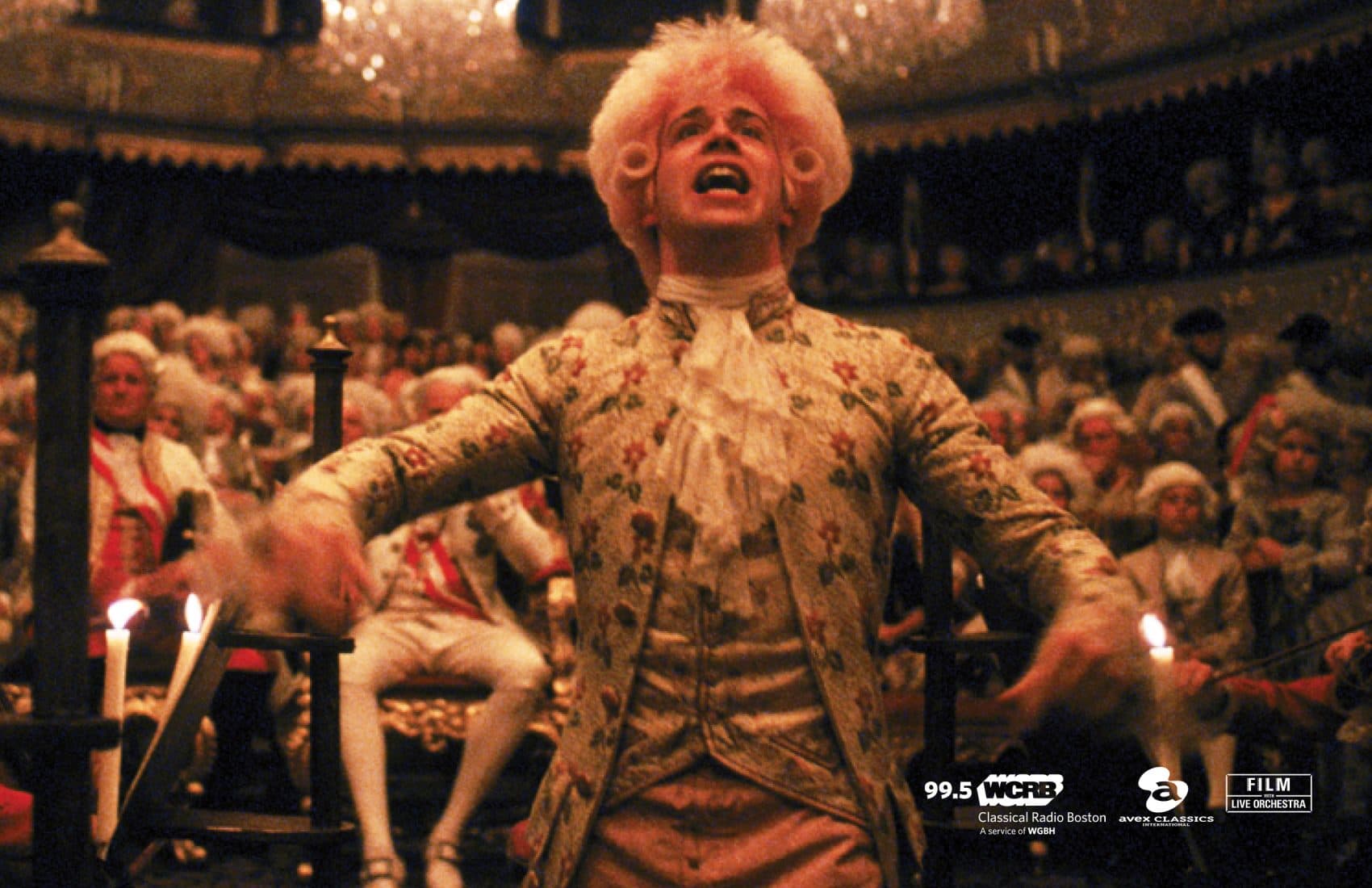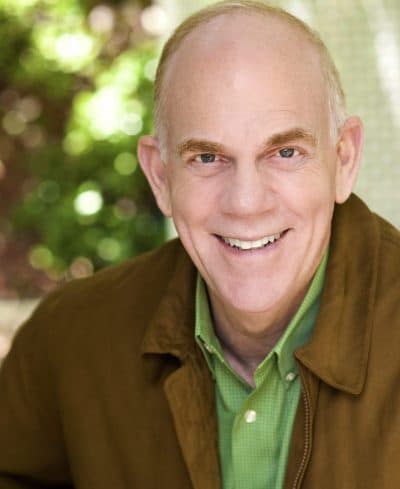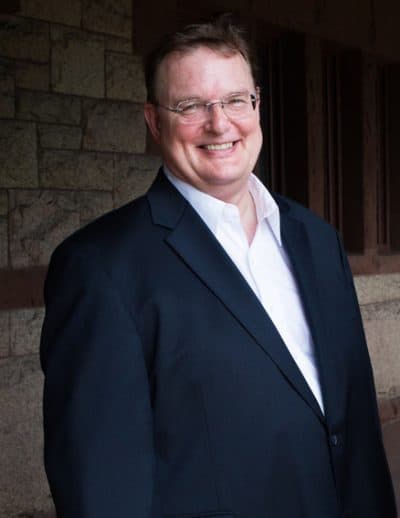Advertisement
How The Handel & Haydn Society Is Recreating The Music Of 'Amadeus' Live

Richard Kaufman has conducted hundreds of films with live orchestras: "Psycho," "Jaws" (and almost all of the John Williams’ scores for that matter), classics like “Casablanca” and “The Wizard of Oz,” “Singin’ in the Rain” ("basically a Broadway musical," he says, “but some of the greatest film music ever made”).

For Kaufman, “Amadeus,” which he conducts live this weekend (Friday, Nov. 10 through Sunday, Nov. 12) with the Handel & Haydn Society orchestra and chorus at Symphony Hall, stands out.
"It’s absolutely gorgeous, for one,” he says. “I’ve done it a number of times — Philadelphia, the LA Chamber Orchestra, the Chicago Symphony. I’m doing it five times with the New York Philharmonic in April. The audience will hear one of the great scores ever."
The 1984 film, directed by Miloš Forman, won eight Academy Awards, including Best Picture. The score, which reached No. 1 on the Billboard classical charts, won a Grammy Award. Sir Neville Marriner conducted the Academy of St. Martin in the Fields in the original soundtrack, which also featured numerous soloists.
Here's a trailer of the film:
The brinkmanship that goes with conducting a live orchestra, synced up with a film that obviously doesn’t stop or pause once it gets started, is a wonder to watch — even without the action or the music. Kaufman, who supervised the music at MGM for 18 years, has multiple Emmys and a Grammy for his work, has not only conducted, but coached many actors through musical roles. He brings that unique experience to his first-ever appearance with Handel & Haydn.
“There are five elements that go into this performance,” he says. “The live orchestra — when the film was first done, Neville Marriner insisted that none of Mozart’s music could be changed — then you have the live chorus. And the soloists. And finally the dialogue and sound effects. When it all comes together with the visual elements ... it can be absolutely something.”
Mozart purists — Marriner’s insistence about the music aside — have long sniffed at the film, complaining that it basically portrays the revered genius as a junior high school bad lad, more interested in scatology and sex than in music.
Advertisement
“The story itself is non-factual,” Kaufman says, bluntly. “It’s the Hollywood version of Mozart’s personality. It shows a colorful Mozart, maybe not that factual, but it makes him interesting. And the acting is extraordinary. I think the only people with any real objection should be the distant relatives of Salieri" — Mozart’s jealous rival composer, who comes off badly portrayed in the film.
Kaufman is no expert in period performance — Handel & Haydn's specialty — and some adjustments will have to be made. “There is the issue of tuning, first off,” he says. “We have the vocals in the film tuned to 440, [the modern pitch of A], and period instruments are lower.
“And there is the issue of amplification. We have that option, and given the audio in the film, we will have to adjust. I’m curious myself to see how it will work. I have to admit, if one of the musicians asked me about a particular period music point, I’ll tell them to figure it out themselves. They’re the experts.
“What I really want is to recreate what audiences heard in the film,” he says. “I want to hear the best instruments, making the best sound.”

Ian Watson, principal keyboardist with Handel & Haydn, recorded the original soundtrack as fortepianist, and recreates that role in these performances. He has played on more than 200 film soundtracks, but playing live to film is a different experience.
“It makes me a bit nervous,” he admits. “I’ve never done anything like this before in public.
“In the studio, we performed to a click track,” he says of the recording. “Some of the concerto movements were played by famous people.” He refers to Ivan Moravec, who performed the third movement of Concerto No. 22, and Imogen Cooper, who played the second movement of Concerto No. 20. “I’m not sure how those parts will be re-created.
“I do remember what a complex issue it was to make a film like ‘Amadeus,’ as the music plays such an important role,” he says. “It was rather odd. We recorded all sorts of things that were never used. And I was called back to overdub one scene after the fact — I was sitting at a fortepiano, and someone had recorded a harpsichord.
“Say what you want about the film though. It’s good entertainment, and an excellent introduction to Mozart. The music celebrates everything about him.”
The Handel & Haydn Society, with Richard Kaufman conducting, accompanies “Amadeus” in a live performance at Symphony Hall from Friday, Nov. 10 to Sunday, Nov. 12. For more information, click here.

